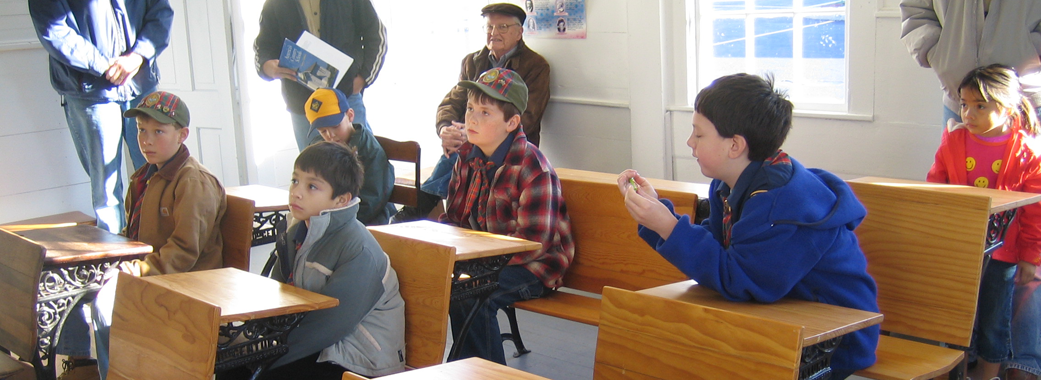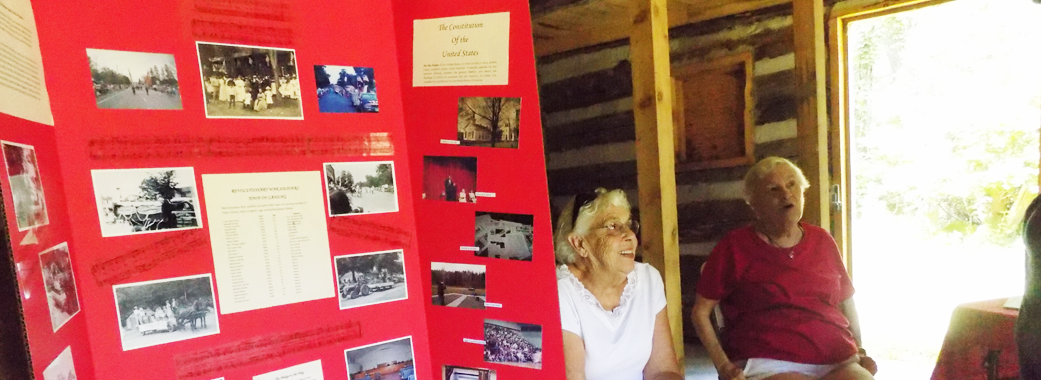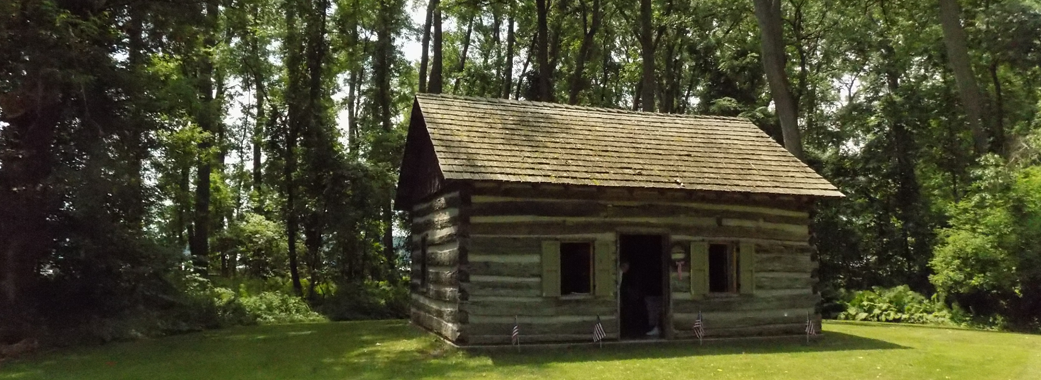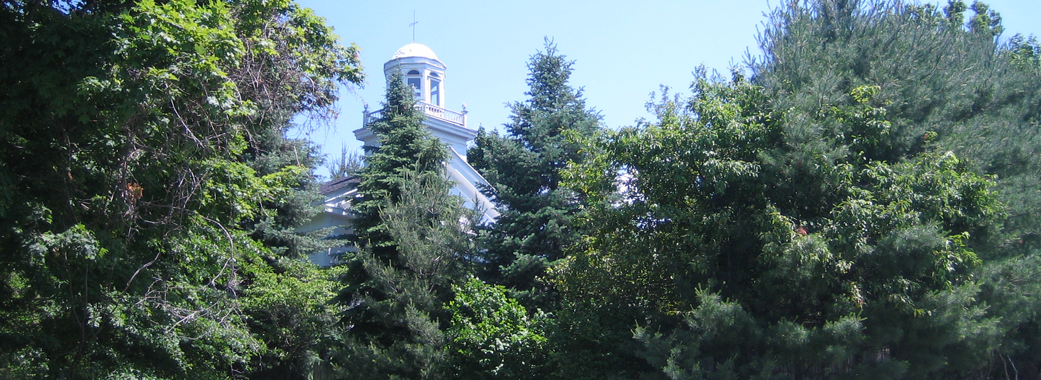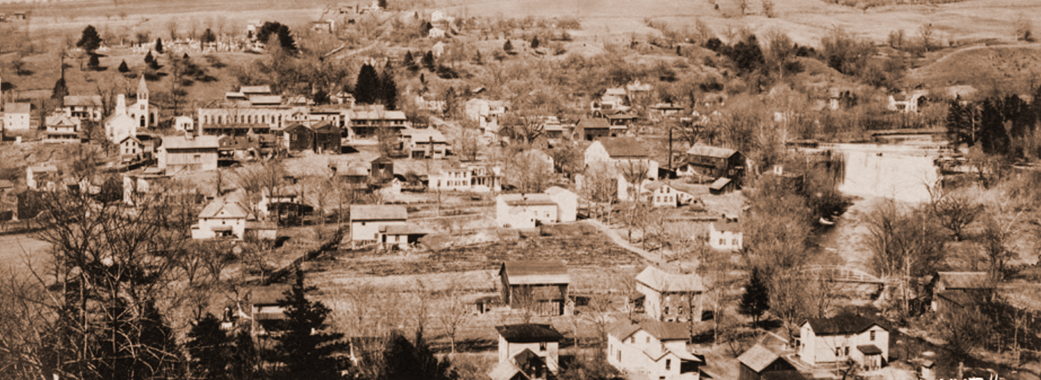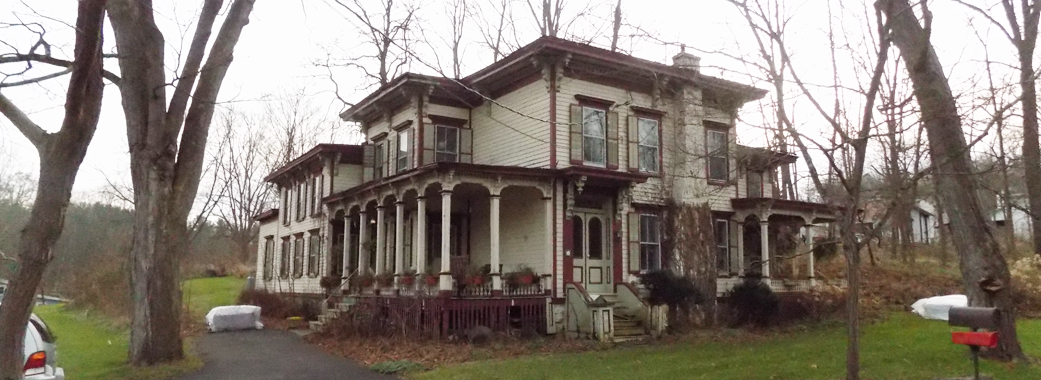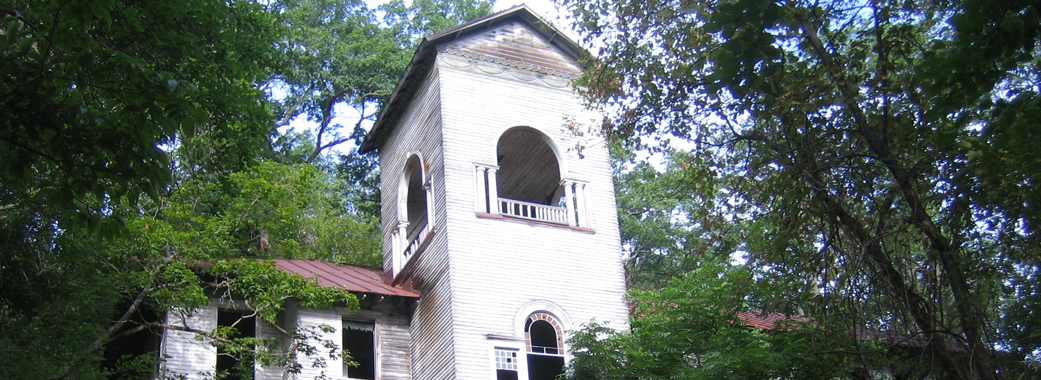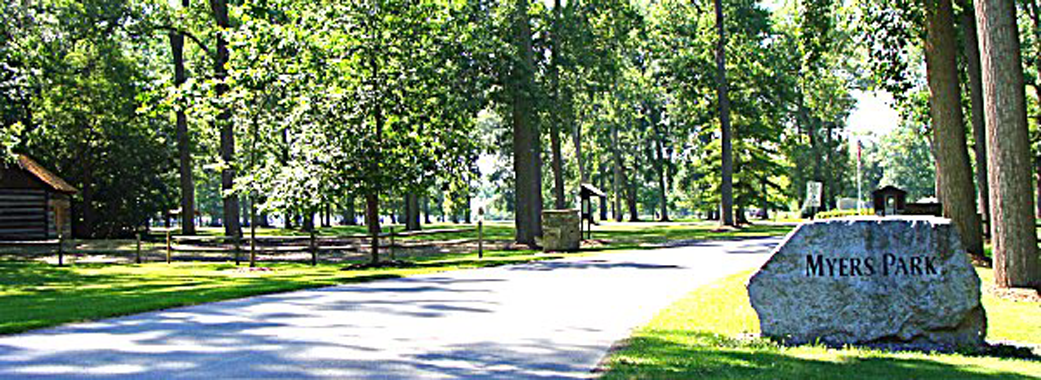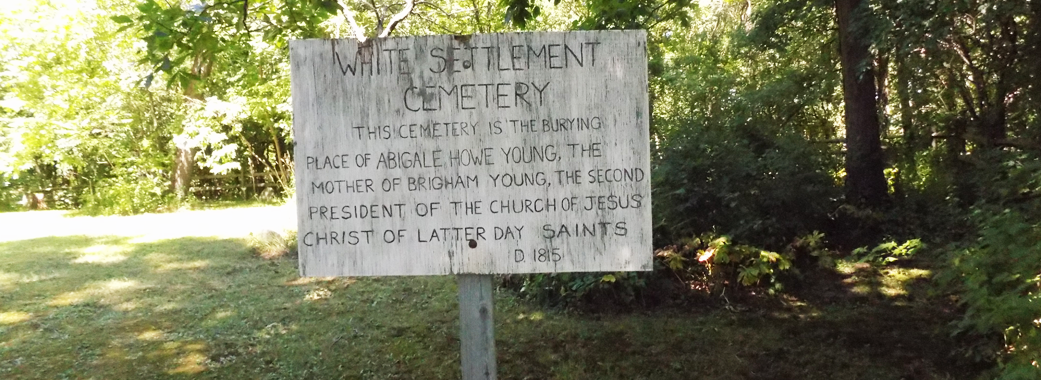The earliest settlers in Lansing resided in Onondaga County in the Town of Milton. In 1808 the name Milton was changed to Genoa and in 1817 the Town of Lansing was set off from Genoa under the act that created Tompkins County. The first settlers to arrive in Lansing came in the year 1791 from the Border Settlements of the Minisink Valley of New York and Pennsylvania. Others also arrived from New Jersey, Connecticut, and other areas of New York and Pennsylvania.
Because of General Sullivan’s Expedition in 1779 there were no Indians in this area and after the land was divided into 100 Military Lots, settlers were anxious to settle this fertile land of the lakes. They came by land route from the south and water route from the north, traveling in the winter when the waterways made frozen roads and the forest undergrowth was at a minimum. Grist mills, saw mills, clothing mills, blacksmith shops, and tanneries soon provided services to the early farmers.
The ensuing 200 years have seen Lansing change from a town of many small, self sufficient hamlets to an area which depends on several large shopping districts in the incorporated Village of Lansing in the south of the town. The northern part of the town still has many prosperous farms, but many of the residents work in industries in and outside of the town, and at Cornell University, Ithaca College and Tompkins Cortland Community College.

